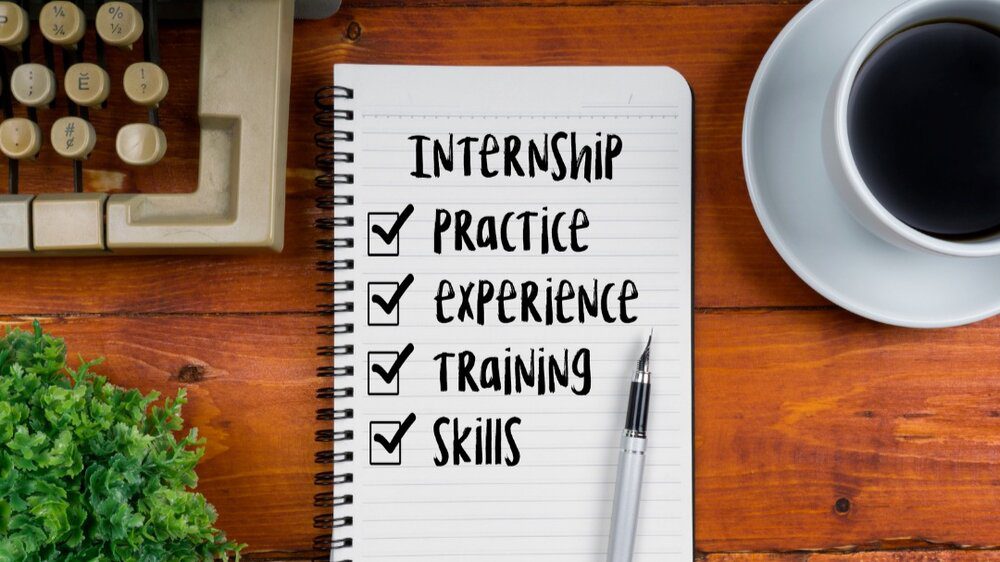blog Personal Finance | 5min Read
Published on October 3, 2020

Financial literacy is critical for everyone at every stage of life. It forms the basis through which many of our basic necessities are met. At TheBigRedGroup we feel that high school students should get on this journey a lot sooner rather than later.
Culturally as compared to some of the western cultures and countries – young adults in India are protected from the realities of life and by the time they go out to the real world and face challenges regarding management of their own finances, it tends to be a tad too late.
Given the landscape, we feel it is crucial that one actually learns this skill even before they finish high school.
What It Means To Be Financially Literate
A financially literate person can understand and use financial skills. Financial literacy is not just going to the store and deciding if you have enough money for your purchase.
To be financially literate, you need to understand how to manage your finances, budget, and how to invest wisely.
Knowing Your Money Matters
When you are financially literate, you are less susceptible to fraud and scams. You can live your life comfortably and reduce the amount of stress that financial dependence brings with it.
Financial literacy will help you achieve your goals, fulfil your dreams, help plan your future, stay stress free during unforeseen incidents and emergencies and retire peacefully.
Being financially literate will also assist you in staying debt free and manage other aspects of your life.
Using Money
Time and again we come across the same struggles that young adults go through immediately after graduation or at the start of their careers.
Using money means more than just understanding how to make cash purchases.
It is important to track transactions and live within the means of your income in the beginning a lot more than as you start progressing in your career.
Learning about the various financial products such as loans, insurance, investment opportunities, different asset classes, etc. really help in improving your financial literacy..
You will need to know how to make a household budget, learn how to manage and pay off debt, and look at the pros and cons of various investment products on the market.
You will also want to evaluate credit cards to determine the best card for your needs. You can ensure that you are not accumulating debt that will be difficult to manage later on down the road.
Lack Of Financial Literacy
Financial literacy is a skill and if you do not learn this skill, there can be issues down the road. It is more likely that you will attain debt that you can’t pay off or that you are consistently struggling to make your ends meet.
Things can spiral from there, causing poor credit, bankruptcy, housing foreclosure, or other unforeseen negative ramifications.
How To Learn Financial Literacy
You can take steps to learn how to manage your money and spend it wisely without falling into the debt trap.
1. Make a budget – No matter what you do, it is crucial to track the money that you receive versus the money that you spend. There are many ways to do this, but an Excel sheet may be one of the easiest.
In the sheet, include any income that you receive and make a note of your expenses. At a younger age, it may be as simple as going to a movie each week with a group of friends.
As you get older, it will include other expenses like rent, car payments, insurance, payment of utilities, etc.
2. Make a habit to save – Saving funds is crucial especially in India, where unlike rich countries, the government is incapable of providing a safety net to its citizens.
Set a savings goal – maybe there is a new video game you want. Decide how much money you can put away each week or month toward that goal before you sort out the rest of your money for other expenses.
As you get older, the goal may become more extensive. Eventually, you will want to save for a car or a house. But, starting small teaches you how to do it so that you can reach your goals one step at a time.
3. Manage your debt – It is not a good idea to ask your parents for an advance on your allowance or to be paid for chores you have not yet done.
Taking advances is how you accumulate debt. But, there are certain circumstances you may not be able to avoid.
Your favorite band will be playing live, and you need to get tickets as soon as they go on sale, so you do not miss out.
If you take an advance of money, make sure you have a solid repayment plan. Work the repayment into your budget so that you pay a certain amount each week until the debt has been repaid.
You have to remember that your parents may not charge you interest on a loan, but as you get older, you will have to pay interest on borrowed money. The faster you pay off the debt, the less you will have to pay in interest.
4. Plan for Emergencies – Remember that concert you wanted to attend? And you had to borrow money? What if you had a little money in reserve for an emergency or a special event? Along with saving, you could also set a little aside for such situations.
Again, it may not seem as important when you are younger but consider a few years down the road. You have saved up enough to buy a car. With that, you considered expenses such as your insurance, the cost of a license, and fuel. But then you get a flat tire. Having some money in an emergency fund can take the stress out of such a situation.
Understanding Financial Terminology
Pay attention to the various financial terminologies when you are taught at school. Take interest for example – When you start using credit cards and investing, interest becomes very important.
It helps you understand how much you will need to pay back when you take out a loan and how much you can earn when you start to invest.
Loans will have various interest rates with terms like simple interest, compound interest, amortized rates, fixed interest, variable interest, and prime rate.
Being educated on these terms before considering any loan through a financial institution is crucial.
Spend time while you are still young, educating yourself about finance. You will be glad that you can handle your money and make sound financial decisions.
Where Do I Start?
The best time to start is when you have any money to begin to manage on your own. It could be an allowance or money earned doing small jobs.
Start by getting some assistance, making a budget, and then see how it goes. It is not set in stone, so you can make adjustments to it as needed until it seems to be working for you. You can also join our Smart Money Camp – the financial literacy program curated exclusively for high school students.
Next, pay attention in classes when you learn about percentages and anything else that has to do with money. Ask questions as needed!
Have more questions? Please ask them in comments and one of our experts will be happy to help you. Alternatively, share your observations/experiences with us so that it can benefit other students in the community.










 11th – 17th Jan 2022
11th – 17th Jan 2022